MEET
Amisha

AMISHA PATEL M.F.A., PCC
FOUNDER & CEO
I often say that I stumbled onto a knowledge of success accidentally when, as a philosophy student, I began to apply ancient wisdom as practical advice for life.
Plato, Aristotle, Socrates, Epicurus, Plotinus, and others, caused me to wonder about the human experience and contemplate unanswerable questions. I became comfortable with mystery, subjectivity, and imperfect knowledge. It seemed that each philosopher had a gift of articulation, the ability to discuss something hard to name, and in naming it, gave me something concrete to hold onto, even in my darkest moments.
The first thing I learned was how not to fear life. Next, I learned that there are many perspectives, or truths, and we can borrow from them to find a productive way forward. Eventually, I could perceive harmony and clear direction within the unseen order – not just for my own life, but for everyone else, too.
Now, 20 years later, I still feel at home within the mossy rock walls of Plato’s Cave, enjoying the light and the shadows, observing the distinctions that make human experience so tender and valuable. Success is a simple word for “a life well-lived.” There’s nothing empty or shallow about success; it is the inevitable outcome of excellence, and it inspires a sense of purpose. The Tree of Life Success Series was invented for anyone who’s on the quest for an extraordinary life, who realizes that human existence isn’t about settling for “good” or “great” – but about seeking what’s beyond that and achieving heights of prosperity, happiness, and love along the way.
After working with nearly a thousand clients, I offer programs that make the mystery of success and enjoyment logical and coherent. Tree of Life clients have come to rely on these teachings. I’ve watched them rapidly become wealthier, freer, and happier during our time together.
Those who were previously unsure how to get what they want became capable, even while improving their authenticity. No one competed, cheated, fixed, or forced. They simply became wiser, and more skillful, by their own initiative and through the power of the Tree of Life methodology.
It is my great pleasure to share the Tree of Life Success Series with you.
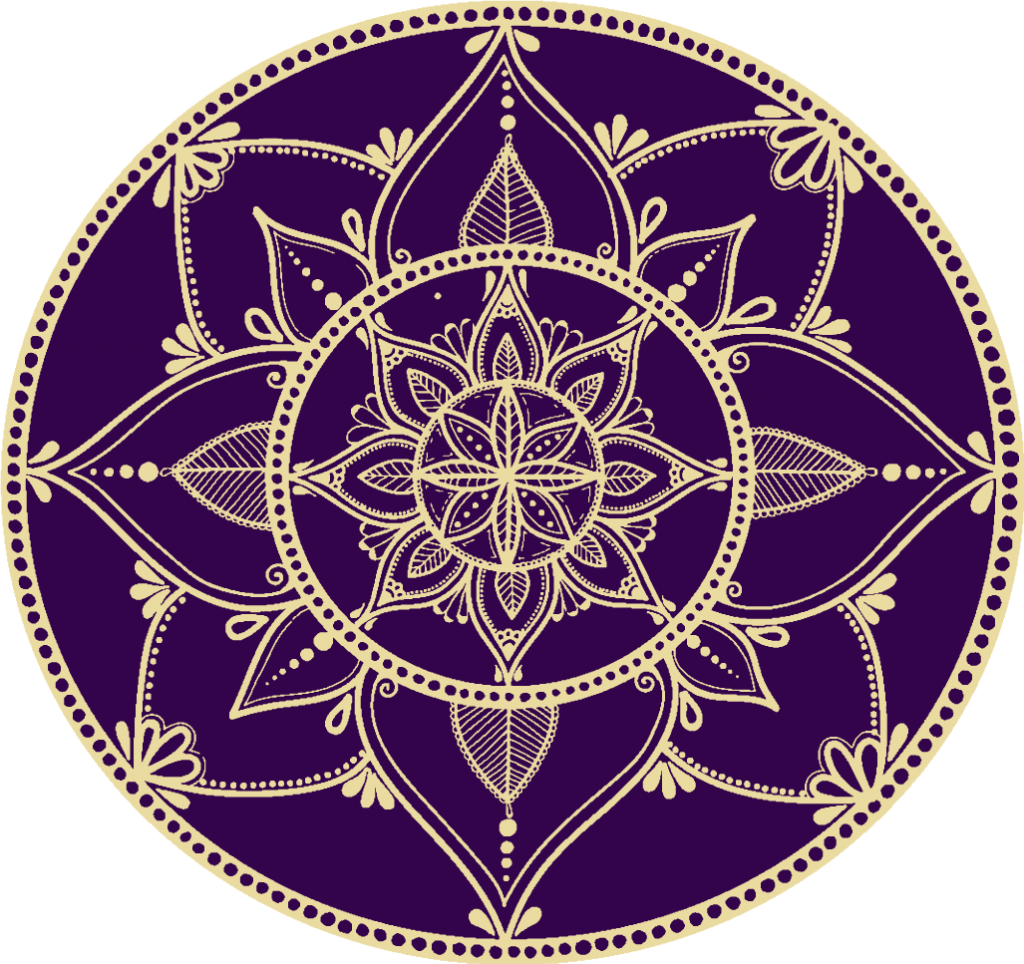
A little more about me…
Before I began my work as a coach and consultant, I was a university professor. Most recently, I taught at Providence College in Providence, Rhode Island. My final course was called “How to Rule the Future: Can Creativity, Empathy, and Play Lead to Success?” It combined my passion for business and love of the humanities. Now I continue to offer expertise from the intersection of those worlds to my colleagues and clients. Other accomplishments include 20+ publications, several awards for writing, and the ability to successfully see past a lion’s mane worth of hair.

I’m originally from New York, although I've also lived in Arizona, Rhode Island, & California. I now reside in Florida.

I am fascinated by screenwriting and think it’s a great way to tell stories that give people the courage to transform.

My parents are from India. They are remarkable people that taught me the principle of boundless generosity.

My hobbies include boxing and muy thai, walks in nature, reading, traveling, writing, and spending time with interesting people.

I love animals. They inspire me to think differently about life, growth, and connection.

I have worked with over 1000 clients, ages 25 to 76 from the US, Canada, England, Australia, Japan, Mexico, Switzerland & New Zealand, including executives, entertainment professionals, experts in finance, coaches, teachers, doctors, writers, and small business owners.

I have an ability to listen beyond words.

I have suffered, so I know.
Get to know Amisha better today!
Download her free audio workshop ” the secret of flow”
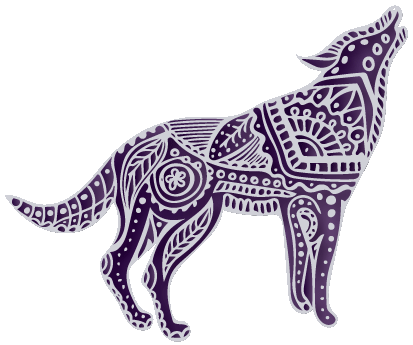
Praise, Acclaim & Love
See how Tree of Life’s clients have made huge differences in their lives.





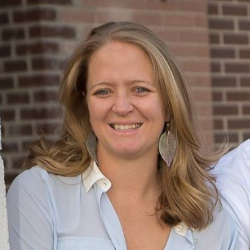
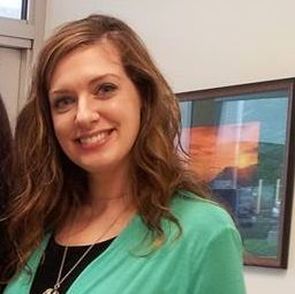

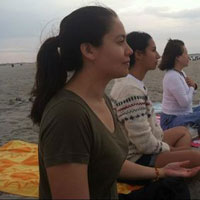







Interested in working together one-on-one?
Coaching & Consulting
Some clients that learn about Tree of Life feel a deep resonance with Amisha and prefer to work individually instead of, or in conjunction with, the Tree of Life Success Series. You can learn more about executive and one-on-one coaching here or contact Amisha directly at amisha@mytreeoflife.com.

